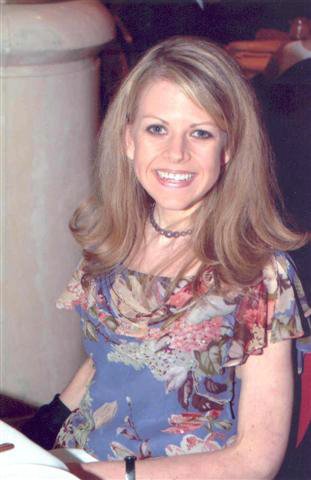Media Reform Conference
I'm back from St. Louis and the National Conference for Media Reform. It was energizing to see and be around so many people passionately engaged with issues of media policy and transformation; there were over 2,000 registered participants.
Bill Moyers's closing speech (audio version/MP3; video version; transcript), in which he takes on the current crisis at PBS stemming from the conservative stacking of and attack on the CPB (which has been specifically an attack against Moyers in many cases) was a definite highlight.
Some of the fun of the conference came from celebrity appearances ("celebrity" of both the academic, activist, and media-star varieities) -- Al Franken's emceeing of the Saturday night keynote event (MP3) (which included appearances by Jim Hightower, Patti Smith (who, somewhat surreally, was backed up by FCC Commish Jonathein Adelstein on the harmonica!), and others; Phil Donahue moderating a panel with Naomi Klein and Juan Gonzalez; Amy Goodman all over the place, etc.
The theme of the conference was "Building Momentum" and they did a good job of rallying the troops, highlighting the victories of recent years and the importance of the struggles to come. Too often discussions of media, policy, and ownership issues get stuck at the level of (important) critique, painting a bleak picture of the current situation but without linking to strategies for change, hence enabling a kind of fatalism.
However, in some ways the weekend was more successful as an extended rally than as a conference, per se. One of the assets of the conference was the wide variety of participants/attendees-- from nationally prominant folks to people doing lots of work at the local grassroots level; from professional media workers, to full-time activists, to academics, to people who are involved in struggles that connect to but may not be primarily focused on media matters; from veterans to neophytes. This diversity, though, also provides some challenges.
For instance, at what level of expertise or towards what potential audience should sessions be aimed? Clearly, for the big, whole group events (the keynotes, plenaries, etc.) it makes sense to aim things rather broadly, to rally people, join issues together, etc. (and these sessions were largely successful at this.) For the smaller, topic-focused sessions, though, there sometimes seemed to be more of a struggle. Often I felt that things were so aimed down the middle that they may not have been fully satisfying for anyone-- too general for anyone steeped in the issue to learn anything new, but also too general for anyone truly new to that issue to gain much particular knowledge, either. These sessions tended to be quite large and participants, other than the speakers themselves, were positioned as listeners, audience members, but little chance to actually participate. Perhaps having more concurrent sessions-- which could be smaller and more specialized-- could help this in the future? (Not that everything should be specialized-- but having more of a blend of small and large venues; of celebrity-driven sessions and more ordinary-folk sessions, of rallying speeches and specifically educationally-oriented sessions, etc.)
I did get enjoy some of the smaller sessions. A panel comprising past (Nicholas Johnson and Gloria Tristani) and present (Jonathan Adelstein and Michael Copps) FCC Commissioners was cerly interesting (MP3 of FCC panel) The panel on copyright reform issues (MP3 of copyright panel)-- with Cady McLaren, Siva Vaidhyanthan, and Kembrew McLeod-- was very engaging. One interesting and important question was raised at the end of the session that I would have liked to have more time to explore: examining the barriers to links between the media reform movement and open source and copyfighting movements (e.g., the progressive politics of the former and the often pro-market libertarian bent of the latter). (Other than this session and Mark Cooper's contributions on two panels, there wasn't much of a copyfight presence at the conference.)
But like I said, overall the weekend was very energizing and these issues are so important right now-- especially in light of current events such as the attack on public broadcasting and as Congress is set to revisit the disastrous 1996 Telecommunications Act in the next year or so (about which CommonCause has recently published a helpful primer on:"The Fallout from the Telecommunications Act of 1996: Unintended Consequences and Lessons Learned," pdf) , among other things.


